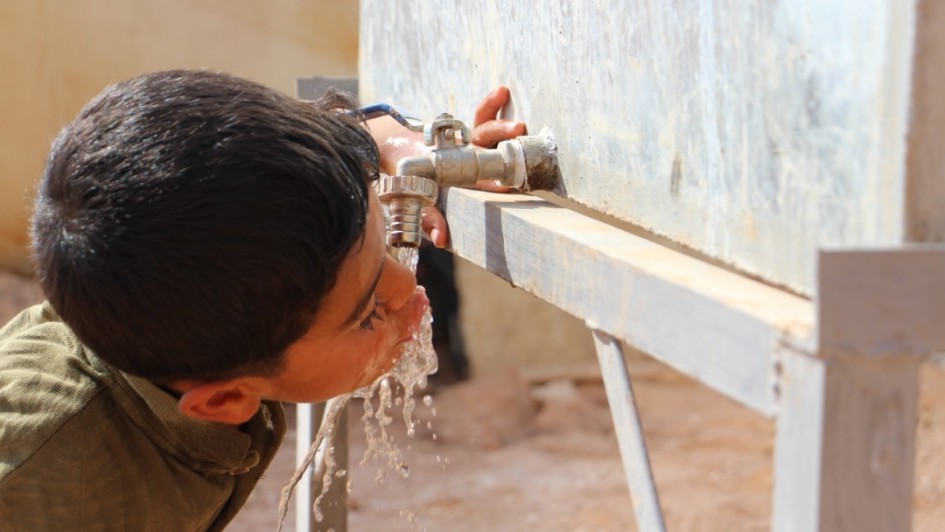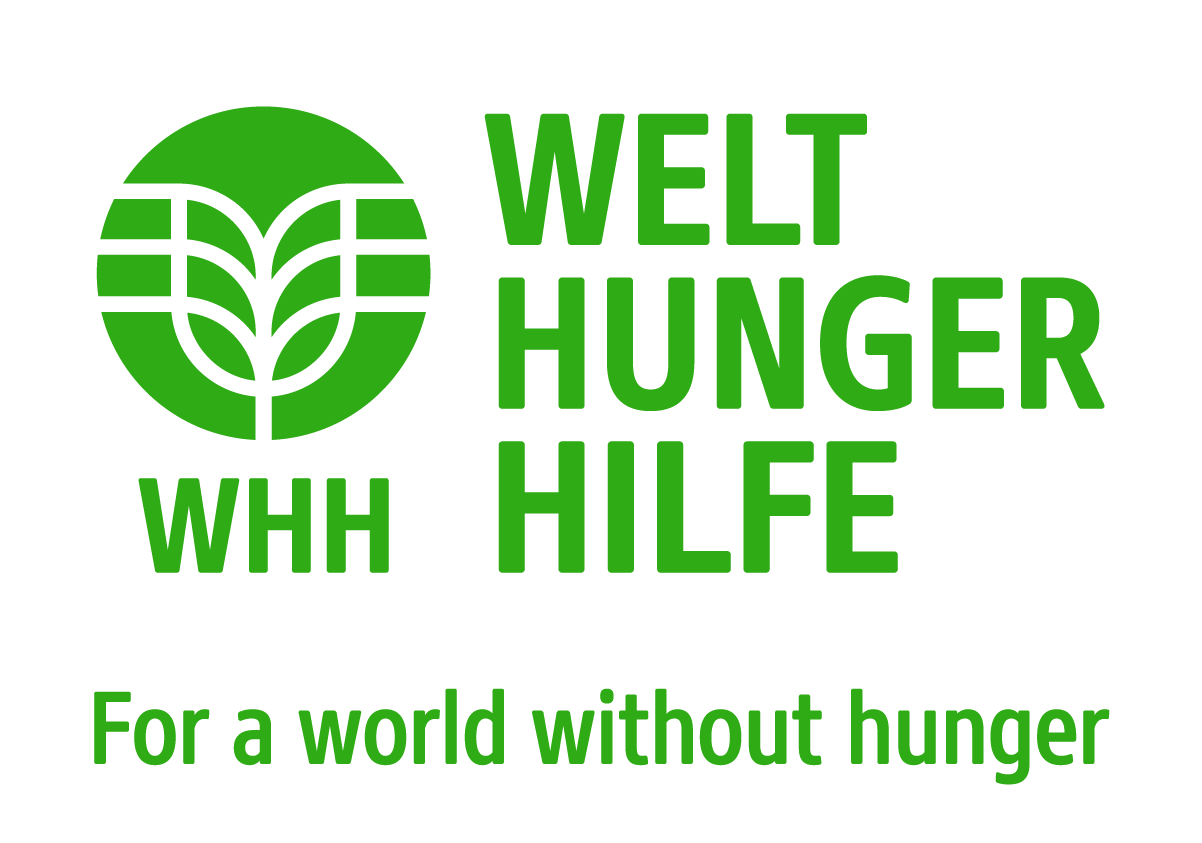Water, Sanitation & Hygiene (WASH)

Water Supply
Sustainable access to clean and safe (drinking) water is of highest need to maintain the physical wellbeing of people in need and their sanitation standards. Therefore, WHH increase access to safe and clean drinking water for displaced people and host communities in Syria as well as Syrian refugees and host communities in Lebanon through the rehabilitation of water networks and water stations as well as technical and hygiene trainings.
Sanitation
Through our sanitation interventions we seek to save lives, prevent diseases and promote dignity. The absence of functioning, safe and sex-segregated and barrier-free latrines or toilets has a significant influence on the well-being of people - on mental and physical health. WHH reduces human exposure to diseases by providing a clean and dignified environment through the maintenance and installation of latrines in camp settings.
Hygiene Promotion
Hygiene needs is one of the main priorities for internally displaced people (IDP) within Syria. Through our local partners we distribute hygiene kits to vulnerable Syrian which contain soap, tooth-paste, tooth brushes, sanitary napkins, jerry cans, water purification tablets as well as blankets.
Waste Management
The concept of sustainable integrated solid waste management promotes waste minimisation and supports the use of renewable material and recycling wherever possible. Solid and liquid waste management include collection, transport, processing/recycling or disposal, and monitoring; landfill areas; composting and reuse.
